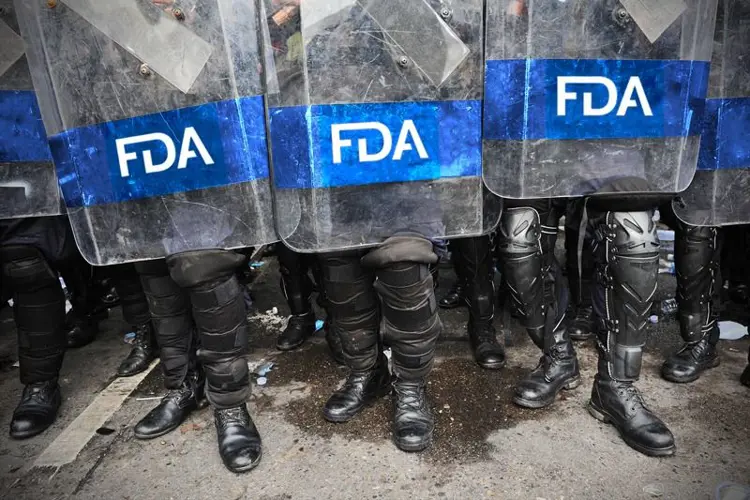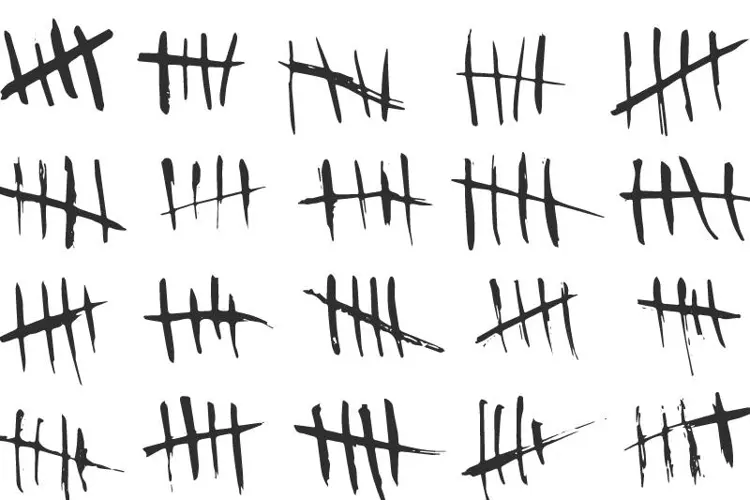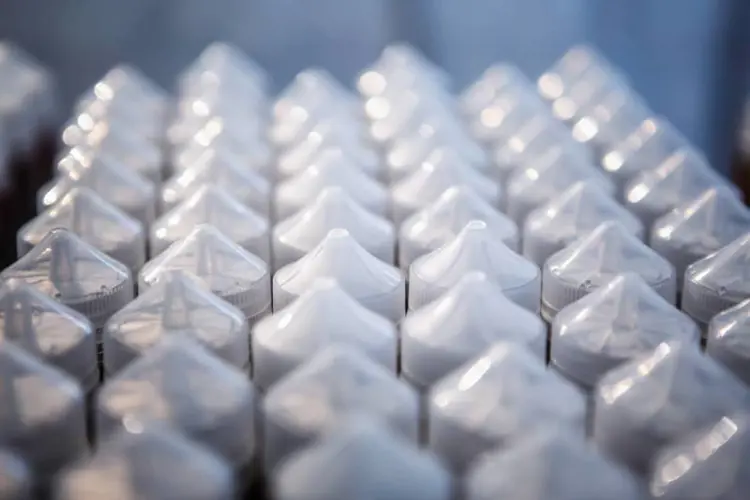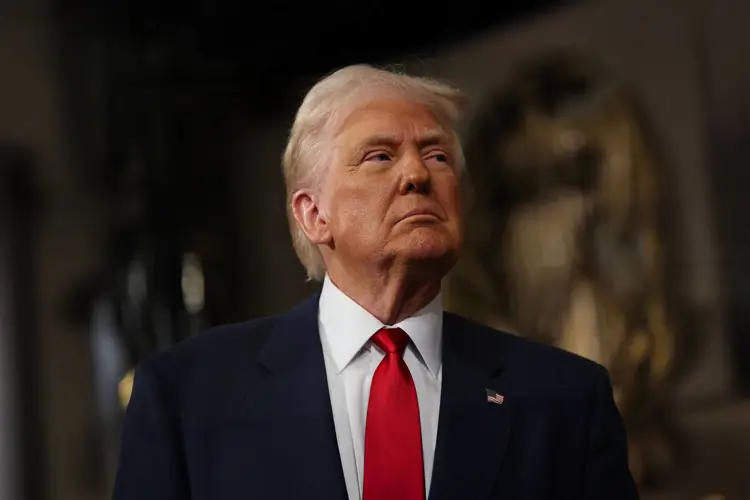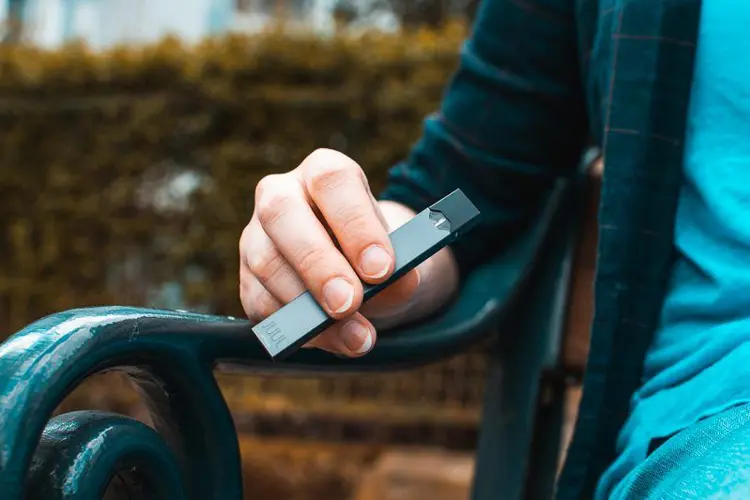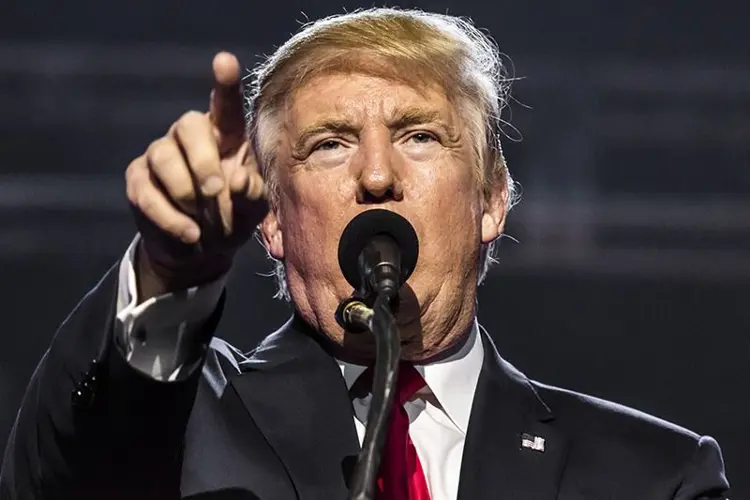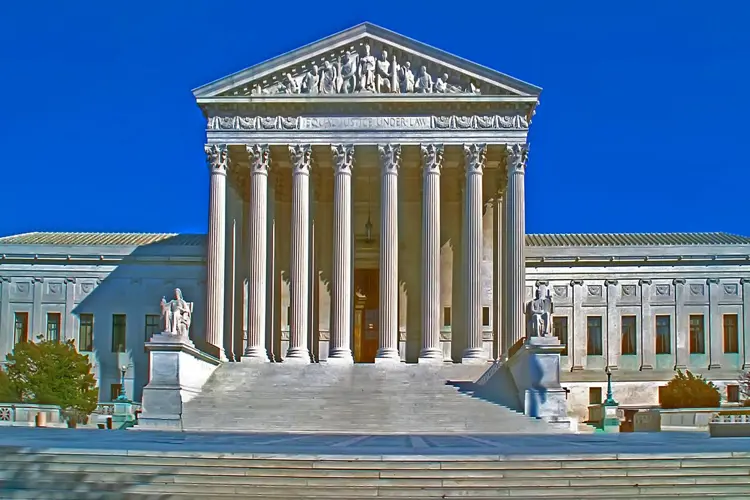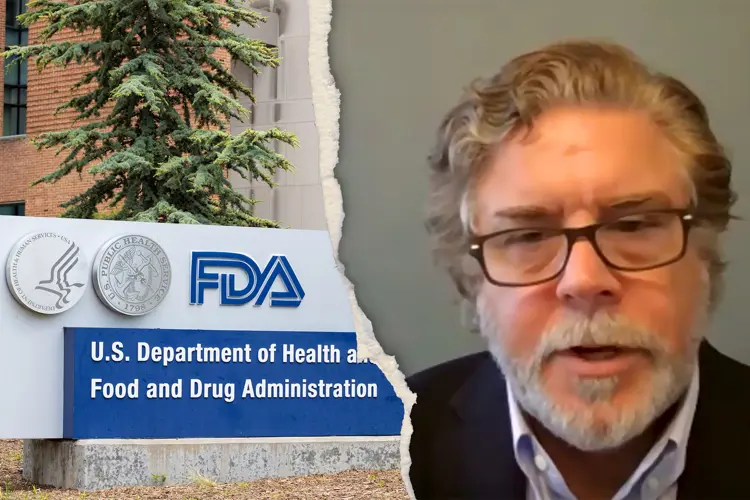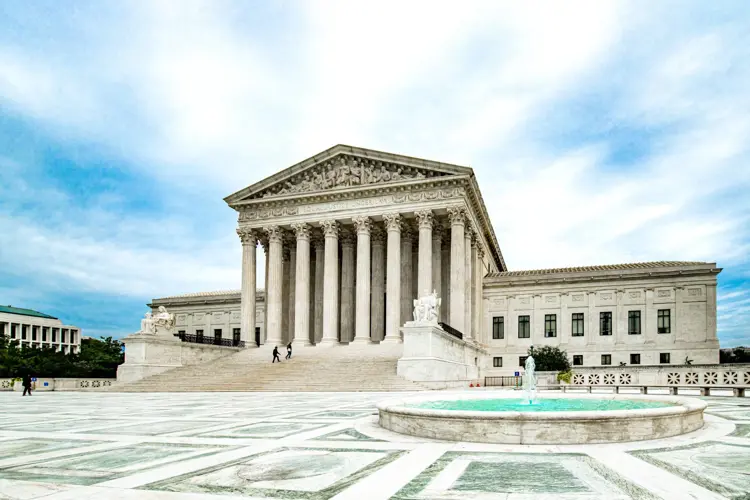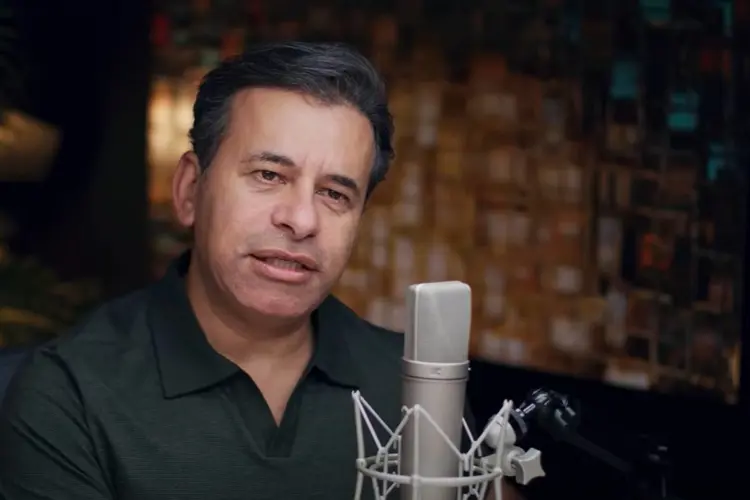The FDA has asked a federal judge to allow a four-month delay of the deadline he imposed for submission of Premarket Tobacco Applications (PMTAs) by vaping manufacturers. If the judge grants the delay, the deadline will move from May 12 to Sept. 9.
The request came in a motion filed by FDA and Department of Justice lawyers in the U.S. District Court for the District of Maryland. Judge Paul Grimm of that court ruled last May for plaintiffs led by the American Academy of Pediatrics in their lawsuit against the FDA that challenged the existing PMTA deadlines. Then in July, Judge Grimm replaced the PMTA deadlines set by the FDA with a new 10-month deadline.
The motion filed in the Maryland federal court includes a declaration from FDA Center for Tobacco Products (CTP) director Mitch Zeller, in which he outlines the reasons for the requested delay. All are based on problems caused by the coronavirus pandemic:
- Labs and research facilities are closed
- Human studies have been suspended
- Travel to offices and factories is difficult or impossible
- Product deliveries from affected countries are delayed
- Some FDA employees have been temporarily reassigned to the U.S. Public Health Service
Zeller says he has received more than 15 requests for delays of the deadline, with most asking for a 180-day postponement. However, he believes a 120-day delay is “substantial enough to provide a significant measure of relief in these extraordinary circumstances.”
Grimm's order last year allows products whose applications have been submitted (and accepted for review) to remain on the market for up to one year while the FDA decides if they’re “appropriate for the protection of public health.” But Zeller is uncertain whether the coronavirus pandemic will affect the agency’s ability to complete reviews on time.
“It is not clear at this point what the precise impact of the COVID-19 outbreak will be on the scope of FDA’s ability to complete application reviews within the 12-month period of time once applications are filed,” he says.
The PMTA process remains impenetrably dense and beyond the financial reach of most small vape manufacturers. The research and testing required of first-time applicants may cost more than $1 million, and applications can be denied summarily by the FDA. Health and Human Services Secretary Alex Azar promised a “streamlined” PMTA process in a January interview, but that promise has yet to materialize.
Vaping trade group the Vapor Technology Association (VTA) says it has suggested the FDA use the additional time (if a delay is granted) to modify the PMTA process to “ensure the survival of small businesses and a diverse array of the vapor products on which former smokers now rely.”
Interestingly, Zeller notes that 30 PMTAs for electronic cigarette products are already pending in the FDA system, and that “many manufacturers intend to file applications by May 12, 2020, for a large number of products but are now facing unforeseen obstacles.” It is unknown which companies have submitted applications, aside from Reynolds and Logic, which announced them publicly.
The plaintiffs whose lawsuit forced the FDA to speed up the PMTA process—including AAP, Campaign for Tobacco-Free Kids, and the American Cancer Society Cancer Action Network—have been consulted by the FDA and DOJ attorneys, and have “indicated that they do not intend to oppose the motion but wish to express their misgivings about the extension on the record and therefore request leave to file a response.”
The attorneys also notified the U.S. Court of Appeals for the Fourth Circuit that the request for a delay will not affect the FDA appeal of Judge Grimm’s decision. Both the FDA and vaping industry groups are challenging the decision in the appeals court.
The original deadline for vaping manufacturers to submit PMTAs was Aug. 8, 2018, as mandated by the FDA’s 2016 Deeming Rule. In July 2017, newly appointed FDA Commissioner Scott Gottlieb announced the deadline would be postponed until Aug. 8, 2022. The date was later revised again and moved up a year, to 2021, for flavored products (other than tobacco, mint and menthol), and 2022 for tobacco-flavored products.
The Freemax REXA PRO and REXA SMART are highly advanced pod vapes, offering seemingly endless features, beautiful touchscreens, and new DUOMAX pods.
The OXVA XLIM Pro 2 DNA is powered by a custom-made Evolv DNA chipset, offering a Replay function and dry hit protection. Read our review to find out more.
The SKE Bar is a 2 mL replaceable pod vape with a 500 mAh battery, a 1.2-ohm mesh coil, and 35 flavors to choose from in 2% nicotine.
Because of declining cigarette sales, state governments in the U.S. and countries around the world are looking to vapor products as a new source of tax revenue.
The legal age to buy e-cigarettes and other vaping products varies around the world. The United States recently changed the legal minimum sales age to 21.
A list of vaping product flavor bans and online sales bans in the United States, and sales and possession bans in other countries.







